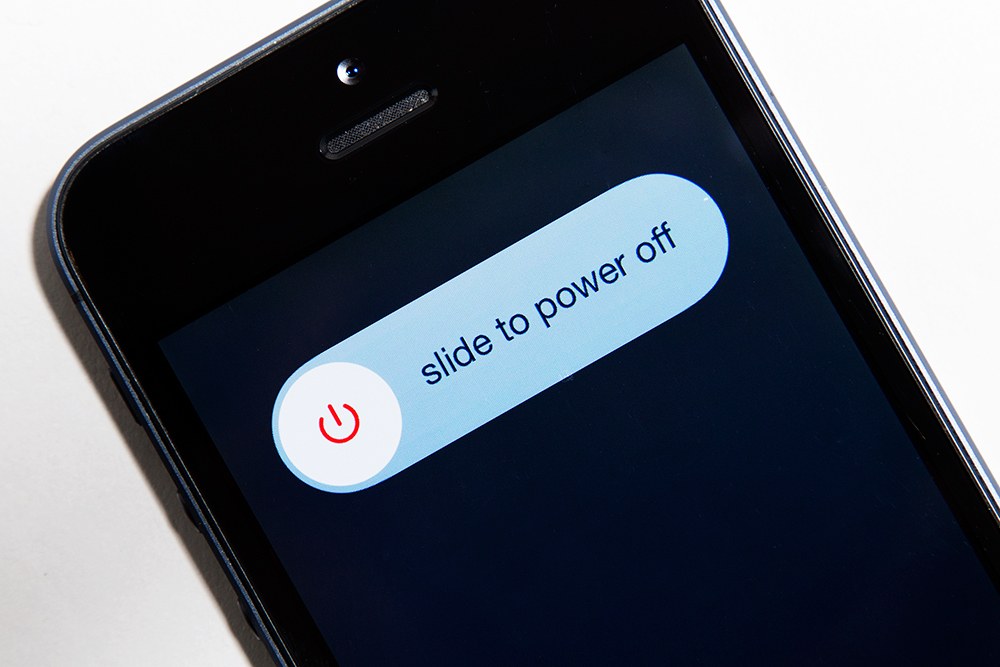Interviews are a BIG deal. With job competition at an all-time high, it is vital to make sure you stand out from the crowd in an interview. Here’s how to do it.
Despite phone and video interviews rising in popularity, a face-to-face interview is still the preferred choice by many recruiters. Not only does it give them the chance to meet and interact with you properly, it also feels more personal and authentic than a session on Skype or Google Hangout. Most companies will also interview in their own offices which could give you valuable insight into your potential future workplace. So, without further ado, here are your five steps to success in face-to-face job interviews.
1. Preparation
I cannot stress this enough: preparation is absolutely the key to a successful interview. So much so in fact that if you walk into an interview unprepared, you might as well not have gone at all. You’ll feel silly and you’ll be wasting everyone’s time.
Trawl through the company’s website
- Check out the company’s news and recent exciting innovations. It will give you a good starting point to talk about if asked ‘Why are you interested in this company?’, but also save you from looking a fool when asked your opinion on some new development of theirs you’ve never even heard about
- Find out what their values are. In the interview, use their buzzwords to reflect that your values are a fit with those of the company; this is so important to them. Also, at the end of the day you’re educating yourself on what life is like in this company and whether you’d actually like to work for them!
- You could even look up the boss’s LinkedIn page to gain an in-depth grasp of who they are and what they stand for
Read and re-read the job description and make sure you fully understand it
- Not only should you be well-versed on the company itself, but also on your specific role up for offer. Make sure you fully understand what will be expected of you!
- When asked to describe yourself, use the key skills that they mentioned in the job description. Be subtle about it though—don’t just recite their advert back to them or you will come across as ingenuine.
2. Turn up on time
You’d think this goes without saying if you are looking to make a good impression but feedback says 30% of employers biggest pet peeve is a candidate turning up late, meaning it must happen relatively often. Don’t be that guy!
Specific tips:
- Don’t be too late or too early. For most places, arriving around 10 minutes before your interview is considered perfect timing. Any earlier than that and you’ll be in the way while they’re setting up for you. Any later and you’ll be frazzled and unfocused.
- Practice the route beforehand especially if it’s an area of town you’re not too familiar with.
- On the day, allow lots of time for any unexpected delays. If you end up arriving super early — though this is not necessarily a bad thing — you could go and sit in a café and gather your thoughts
- And if you are still running late on the day—CALL and let the interviewer know in advance of time. Most interviewers will be forgiving if you call half an hour beforehand and say you’re caught in terrible traffic; after all, this is out of your control. In a worst-case scenario, you could ask if it’s possible to reschedule for another day.
3. Make a good first impression
This one is fairly self-explanatory, but body language is so important. Regardless of how perfect your answers to their questions may be, if you are slouching in your chair, nervously fiddling with your hands or compulsively yawning, no recruiter is going to be impressed.
Specific tips:
- Dress suitably for the occasion. Always opt for smarter rather than casual!
- Give a firm hand shake, make sufficient eye contact and smile a lot
- Try and not fiddle anxiously. Of course, this is easier said than done and naturally you are nervous. But by keeping your fidgeting under wraps, you will physically appear more confident and competent, and this will have an impact on your mental calm too
- Avoid distraction by turning off your phone before you even enter the building. This tells the interviewer that they are the priority. It’s just a basic sign of respect, plus it can be incredibly distracting to both you and the interviewer if it goes off
4. Ask questions
It is really off-putting for interviewers to ask a candidate if they have any questions and get a blank face and a “…No, not really” in reply. This in itself is the final test! Up to 30% of employers have reported that asking no questions is their biggest interview no-no. To a recruiter, no questions means no interest, which of course is not what they want. Ask questions that reflect why you’re drawn to the company.
Some great question ideas could be:
To indicate you’re interested in career progression:
- What could I do to impress you in the first 3 months?
- In the best of all possible worlds, what would you like me to accomplish in three months? In a year? In five years?
- What makes someone successful in this organization?
Checking if you’re a good fit for the company:
- What would the perfect employee for this job look like for you?
- What do you think are the most important qualities for someone to excel in this role?
- Will I be mentored or be a mentor?
Taking an interest in the interviewer themselves:
- How long have you worked here, and what do you like most about this organization?
- Where would you like this company to be in five years’ time?
Generally useful questions:
- How would you describe a typical day and week in this position?
- What is the dress code?
Questions about the post-interview process:
- What is the next step in this process?
- When can I expect to hear from you?
Another good tip is to make notes throughout the interview and ask questions about specific things that were mentioned, as this shows you were attentive and are taking a real interest in the discussion you had. Whatever you ask, make sure it’s not something you should know the answer to already!
5. Follow up well
- A thank you goes such a long way, especially for an interviewer who has spoken to dozens of candidates, and this could help you stand out from the crowd. Plus, it’s just a generally pleasant thing to do for someone who has given up their time for you.
- Ask for feedback. This might be the most important part of the whole process. I cannot stress enough how vital this is! Regardless of whether you eventually get the job or not, feedback is invaluable for your personal and career development.
- It’s really a win-win situation: the positive feedback will be something you can retain for future job interviews and repeat. The negative (read: constructive) feedback will tell you the things you are doing wrong, more often than not things you hadn’t even realised yourself, that are putting employers off.
Whatever you do, stay calm, focused and confident and you should do just fine. Good luck!
Author: Cara Moore

























« Job interview questions’ worst answers
Interview with SalesJobs and ComputerJobs.ie »





